After which it is better to plant garlic before winter?
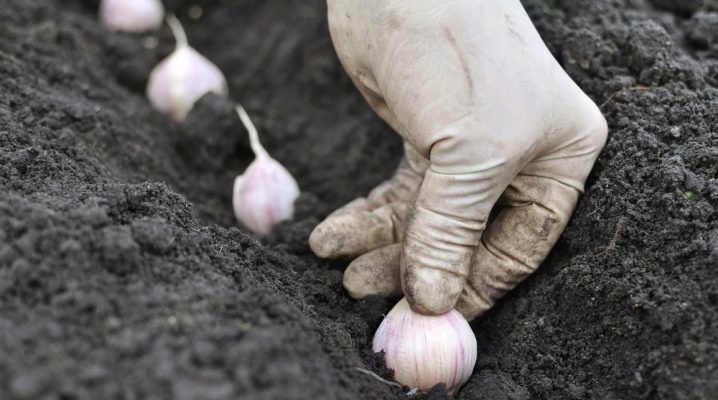
Garlic is the botanical brother of the onion. By the way, you can eat the leaves and inflorescences of garlic, especially in vegetable salads, they will be appropriate. And this plant is rightfully considered a natural antibiotic. That is why garlic grows in any garden, which is useful and indispensable in many dishes. True, not every vegetable garden manages to harvest a good harvest of garlic, but how to prevent this is worth figuring out.
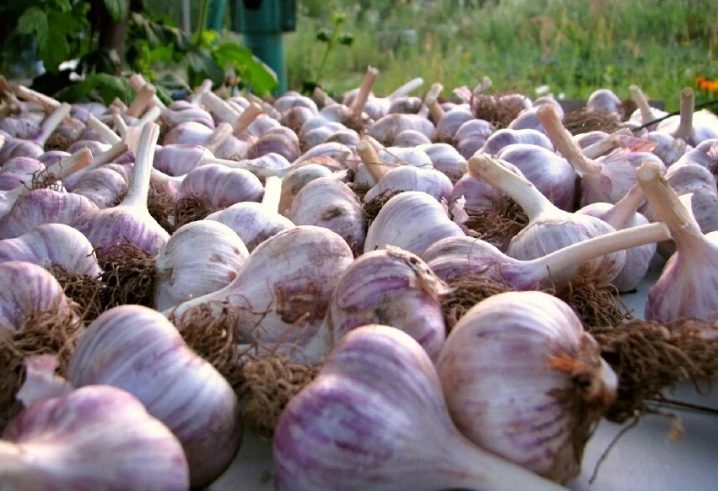
What influences the choice of predecessors?
The word "crop rotation" should be known to every gardener, but not everyone respects the process, which greatly affects the quality of the crop. And on the yield of crops, in principle. Garlic has a fibrous root that does not go very deep into the ground - these are its morphological features that are significant for crop rotation. Garlic uses nutrients in relation to the surface layers of the garden to the maximum.
And if a new batch of garlic is planted in the same place next year, it will obviously lack food. And if diseases and pests have not been spared in the current season, they can continue the attack in the next.
Why is it so important to choose the right predecessors:
- this will not allow the soil to be depleted;
- pathogens, larvae will not accumulate in critical quantities;
- the natural balance of soil nutrients will be restored;
- weeds will not occupy the garden so much.
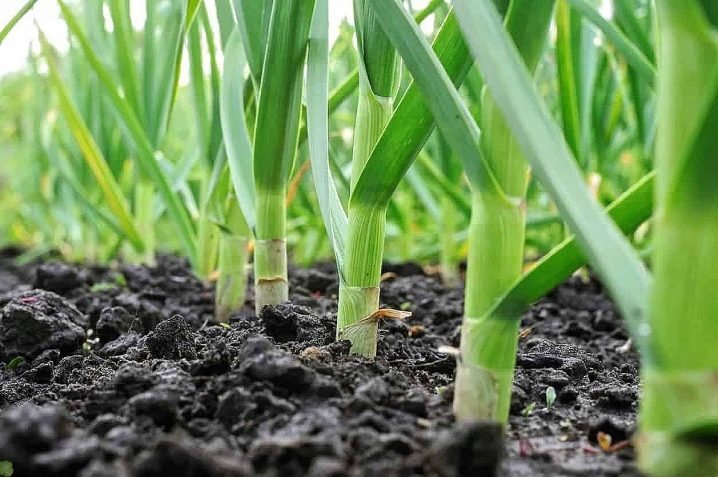
By the way, crop rotation is also useful in that it minimizes the efforts to care for the crop. The soil will not need to be "stuffed" with chemicals of chemical origin, the fertility of the soil will be supported by natural resources.
It is also important to consider on what land the culture will grow. The best soil for garlic is loam with low or neutral acidity. The soil needs to be fertilized with compost, its culture is very fond of. Spring garlic is usually planted in spring (at the intersection of April and May), and winter garlic in autumn, from mid-September to early October.
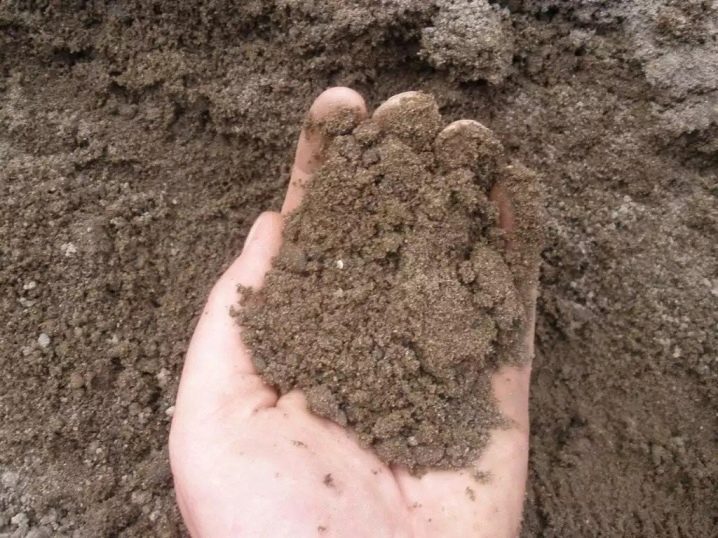
After which crops can you plant?
If you want to find the most ideal option, then grain crops will be the best predecessors. These are plants, as a rule, with long roots that absorb nutrients from the deep layers of the earth. After rye, wheat, silage corn, millet, garlic, including winter, falls into the ground perfectly. If you dig up a bed after harvesting grain crops, then by the time the garlic is planted it will be overgrown.
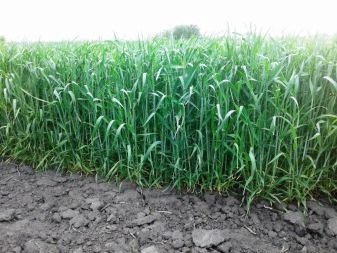
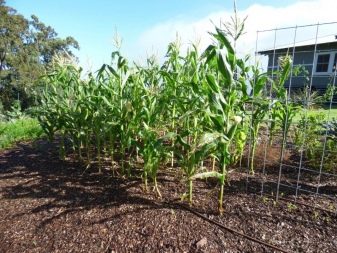
Chopped greens will work like green manure, and the soil will be additionally filled with organic matter.
Also in the list of optimal precursors for garlic will be forage grasses and herbs. For example, clover and alfalfa are very good. Vitamin plants will also be excellent precursors, we are talking about dill, cilantro, salads, celery and parsley. They will actively saturate the earth with nitrogen, which is good for garlic.
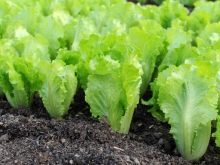
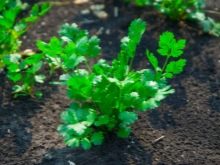
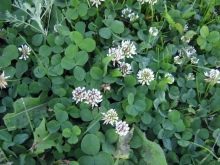
If the summer cottage cannot boast of its size, planting grain will be problematic - there is simply not enough space for them, there would be room for the rest. Therefore, it is quite possible to outline such a scheme: where cucumbers grew, and also zucchini or squash, garlic will take root well next year. After the early white cabbage, after the cauliflower, it also grows well (except that if these plants were heavily infected, sick, it is not worth putting garlic on this land next year).
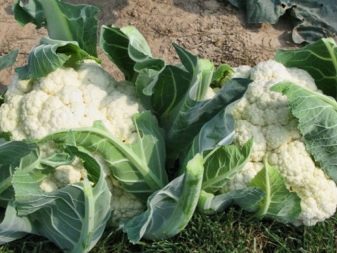
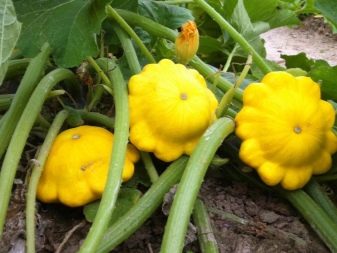
The pumpkin family is one of the best precursors for garlic because they have no common diseases with it. The powerful root systems of pumpkin seeds loosen the soil well and are even able to secrete bacteria that help to better produce nitrogen.
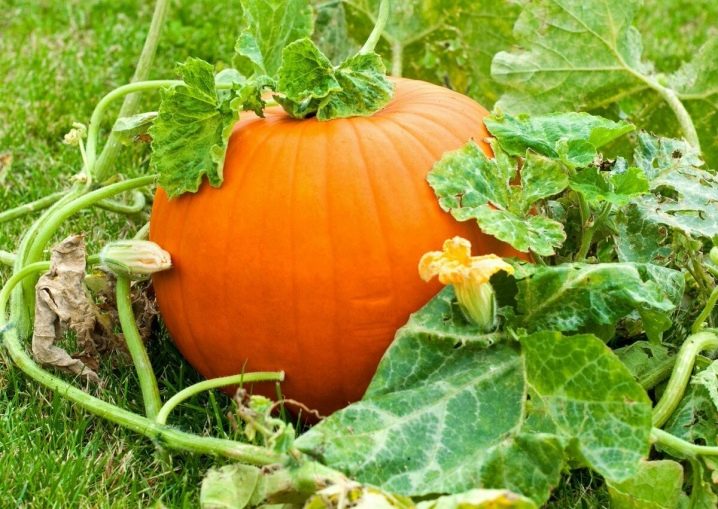
The following green manures are good for winter garlic:
- Clover;
- mustard;
- lupine;
- forage grasses.
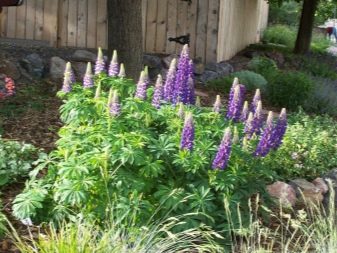
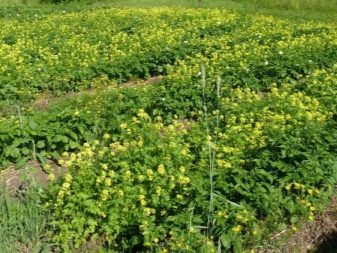
This is a great action for the soil to be supplied with nutrients, its structure is improved, and the number of weeds is reduced.
Before winter, it's a good idea to organize beds with garlic after strawberries: this crop has a short growing season, which is convenient for such a planting and changing crops. The only thing is that strawberries readily absorb a lot of nutrition from the soil, but it should be enough for garlic. True, before planting, the soil will have to be fertilized with a complex mineral composition. By the way, many gardeners assure: after strawberries, the heads grow large, healthy, beautiful.
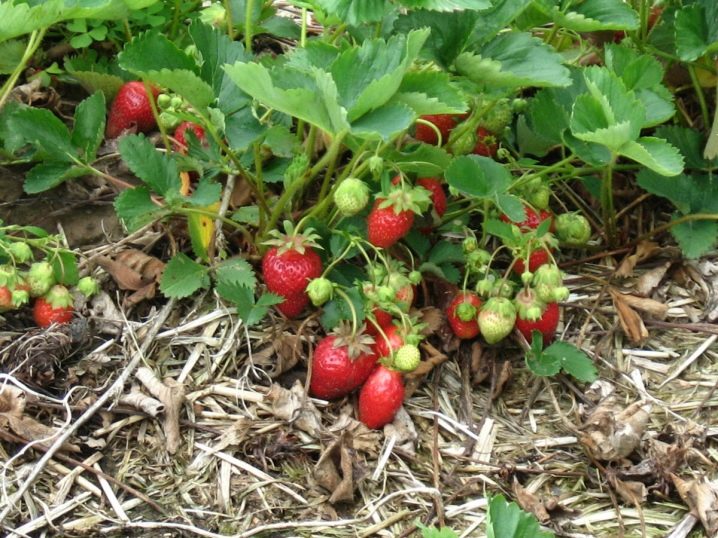
Well, if you name the most demanded predecessor of garlic, cucumbers will definitely become them. It's just that there is no need to talk about the prevalence of this culture, so such a change of plants occurs more often.
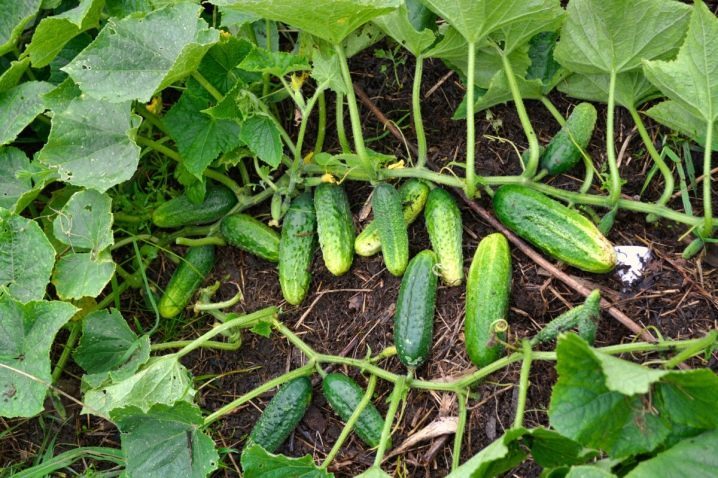
Bad options
They learn from such options, but it would be better, of course, to know them only in theory. The most unfortunate predecessor is beets. Because this plant "eats" a lot and the soil will be significantly depleted. Moreover, this applies to both canteen and fodder beets. The problems with carrots are the same, in fact, they waste a lot of nutrients. Moreover, plant pests are common, which simply puts the final point in the debate over whether garlic, beets and carrots are suitable for crop rotation.
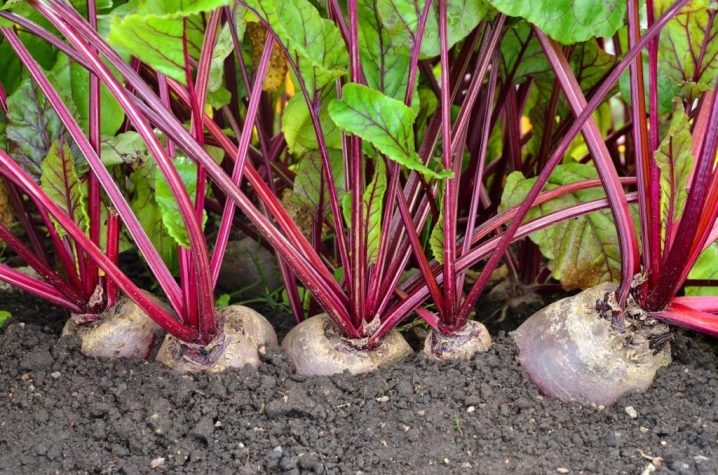
After that, planting garlic is harmful.
- Potatoes, tomatoes, eggplants are plants that “like” to leave behind infected areas, for example, with fusarium. And such an inheritance for garlic is not at all necessary.
- Onions, although they appear in an eternal partnership with garlic, are considered a dubious predecessor. They suffer from the same diseases, and the same pests attack them. In addition, onions are considered "gluttonous" in relation to potassium, and this also depletes the soil.
- Radishes and radishes also leave no options for garlic, forcing it to grow in depleted soil, which will simply put an end to a good harvest.
- Oats and barley, although they are grains, are also not the best predecessors. Seed corn and sunflower will also not work.
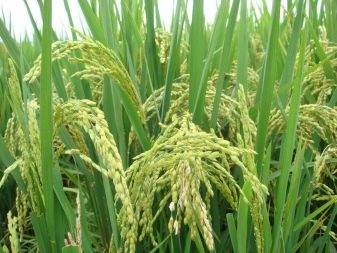
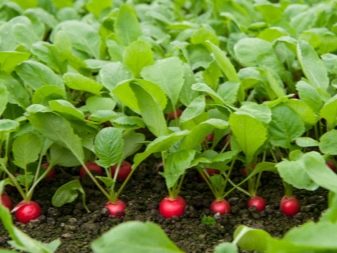
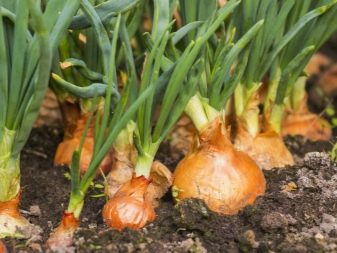
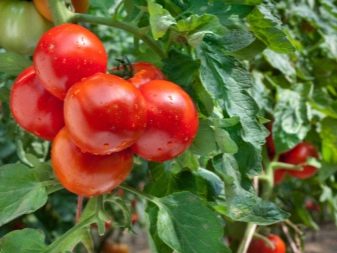
The main principle for the selection of predecessor plants is that they should not have a superficial root system (the same as that of garlic). Everything is simple here: garlic will not be able to receive nutrition deep in the soil, its roots will not reach it. And in the upper layers, everything has already been "selected" by the previous culture. So the garlic does not grow as it could. And even high-quality feeding will not be a full-fledged help.
By the way, after the garlic itself, strawberries grow well on the ground, sometimes the yield results are simply impressive. And other berries show the same growth success. It will also protect plantings from harmful insects for 2-3 seasons.
This is all thanks to the phytoncides that the plant secretes: the garlic heads produce them directly into the soil, and this is the best natural pest prevention.
After garlic for the next season, you can plant legumes, tomatoes and cucumbers, pumpkin and its "congeners". If you want to give the soil a kind of rest, you can sow it with siderates - white mustard or grain. But onions are not planted further (as well as vice versa), and this will be relevant at least 4 seasons ahead.
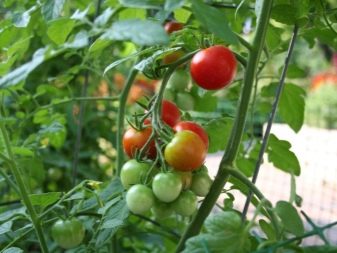
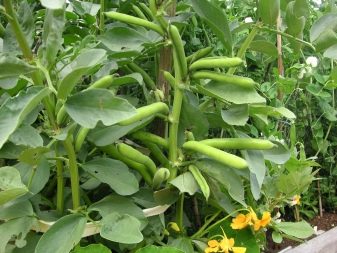
It is worth mentioning about the neighbors. For potatoes, he is a very useful neighbor, because he is considered a Colorado potato beetle repeller. Phytophthora, which threatens tomatoes and peppers, is also "frightened" of the crop, because these plants may be nearby. Garlic perfectly saves carrots, raspberries, strawberries and currants from carrot flies and slugs.


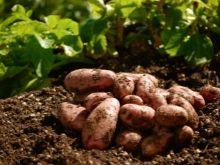













The comment was sent successfully.